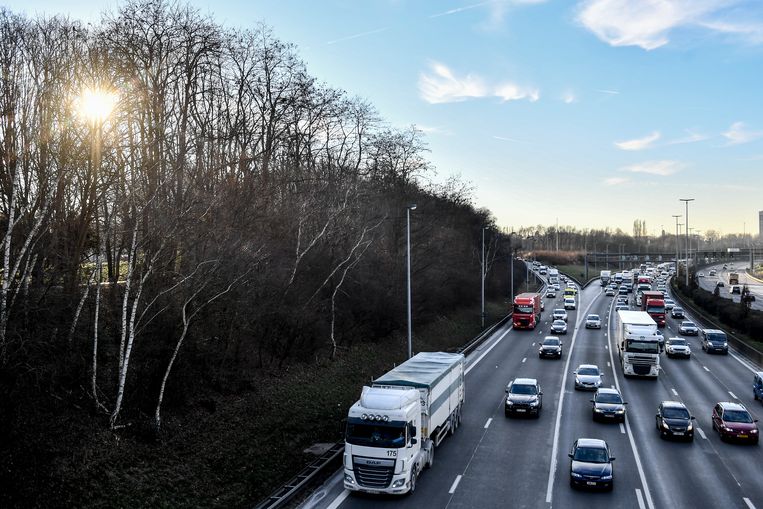The air quality in Flanders improved in 2020 while the emissions of various harmful substances as well as the health impact of air pollution are decreasing, according to a recent environment report.
However, the damage caused by bad air quality on people's health, as well as on the agricultural sector and the region's nature, is not negligible, a new report from the Flemish Environment Agency (VMM) published on Thursday stated.
As the year reported on was largely dominated by the pandemic, the VMM also measured the effect of the coronavirus measures on pollution and substance emissions, of which a large chunk is primarily linked to traffic, such as black carbon and nitrogen oxides.
Because of the coronavirus measures implemented across the world, including lockdowns and travel bans, the presence of these substances fell even more sharply than in previous years, an effect on climate that had previously been reported earlier this year.
Related News
- WHO’s 10 calls for climate action to assure sustained recovery from COVID-19
- No ozone peaks this year for the first time in 43 years
- Study: Poor air quality causes burnout and depression
However, even when comparing to pre-pandemic levels in 2019, several positive evolutions were highlighted, which showcased that Flanders is meeting all the European emission targets, according to the VMM.
For example, the emission of fine dust in 2019 was more than 40% below the level of 2000, while those of volatile organic compounds fell by 45% in the last two decades. Finally, emissions of nitrogen oxides (NOx) were almost halved by 2019 compared to 2000.
Meanwhile, the agency found that pollution caused by the industry and the energy sector is dropping, as a result of more climate-friendly technologies being implemented.
Although road traffic currently emits 87% less fine dust (PM2.5) via exhaust than in 2000 as cars have become less polluting, the increasing number of cars and kilometres driven partially cancels out this advantage, resulting in non-exhaust emissions of particulate matter (PM2.5) from road traffic rising by almost a fifth compared with 2000.
'Excellent' tap water quality
The VMM also measured the quality of drinking water supplied by water companies in 2020 and found that it is good in 99.48% of cases.
"Most exceedances of standards have been observed for lead. Increased attention to lead in drinking water in Flanders remains necessary," the VMM said.
Lead poisoning can occur when it enters the body. In most cases, this concerns small amounts of lead consumed over time that build up and can cause health problems.
Meanwhile, the agency received 11 reports of a potentially serious threat to public health, of which those with the greatest impact were caused by "bacteriological contamination of the public water distribution network."

